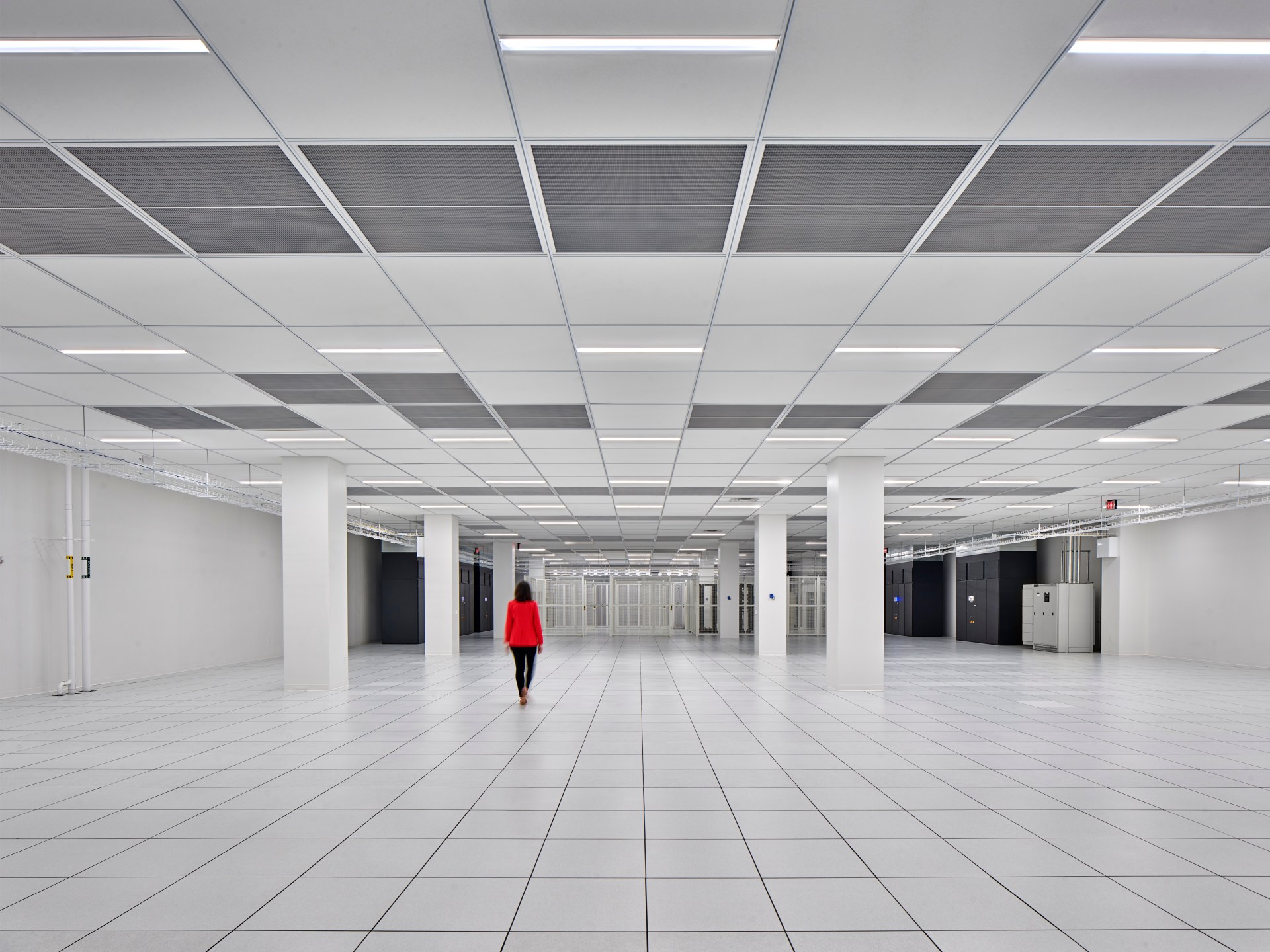
What is a data center? A data center is a location for storing data on physical media such as hard drives. This data needs to be accessible to users. This means that data centers generally have network capabilities. If you are thinking of building or using a data center, here is a quick guide to what you need to know.
There are several types of data centers. Even so, most data centers fall into one of three main categories. These are public data centers, colocation data centers, and private data centers.
Public data centers are often known as cloud data centers. They are public in the sense that they are available to anyone to use. They would typically only be physically accessed by people employed/hired by the company that ran the facility. The increased use of cloud computing has led to increased use in public data centers.
Colocation data centers are, essentially, a form of Infrastructure as a Service. The facility itself is owned and run by a specialist vendor like DataBank. Clients simply rent out space in the data center according to their needs. They use this space to install their own equipment which they manage themselves.
Private data centers are often known as enterprise data centers. This is because the cost of running a private data center means that it’s only likely to be practical for enterprises (and government organizations). As the name suggests, private data centers are owned and run by a private company. Their primary purpose is to serve the data center owner’s needs.
Building a data center from scratch generally requires a significant investment of both time and money. It, therefore, requires the highest level of due diligence.
Choosing a colocation facility or a public data center requires much less investment. With that in mind, here is a brief guide to the key considerations you should keep in mind when building or choosing a data center.
Location is generally the most important factor in anything to do with property. This is as true of data centers as it is of residential property. In fact, location is arguably even more important since the implications of choosing the wrong location are much higher.
Traditionally, data center locations were chosen for their overall stability. Essentially, they had to be places where there was minimal risk of both environmental issues and unwelcome human interference.
They also had to be areas with reliable infrastructure. In particular, they needed robust power and network connections. They also needed to be reliably accessible to staff. For practical purposes, this meant that they need to be accessible by road in a regular vehicle.
The closer a data center’s location is to the intended user base, the less distance the data will have to travel to reach the user. This makes systems quicker to use. It also makes them more secure because the data spends less time in transit.
On the other hand, the further away your data centers are from your user base, the less likely they are to be impacted by any disruption in your users’ local area(s).
Businesses need to weigh these factors up against each other and decide which is most important to them.
Modern businesses also need to be very aware that the location of a data center may have major legal implications. For example, it may be a factor in determining whether or not you are compliant with certain data-protection programs (e.g. GDPR).
By itself, choosing the perfect location does not guarantee that a data center will run successfully. It’s critical to create a data center design that functions effectively. For most data centers, the primary concern is to ensure security. This means external, internal, and digital.
The second consideration is stability. Data centers are often core to business operations. In fact, they may be business-critical. As such, they need to be accessible as close to 100% of the time as humanly possible.
In particular, they need to be able to supply power and networking connections no matter what. They also need to be able to keep equipment cool enough to operate effectively. This means that most data centers need powerful ventilation and cooling systems.
As a final point, it’s worth noting that data centers need human staff. These need to be thoroughly vetted before being given any access to the data center. The higher their level of access, the more thoroughly they need to be vetted.
Read More:


Discover the DataBank Difference today:
Hybrid infrastructure solutions with boundless edge reach and a human touch.